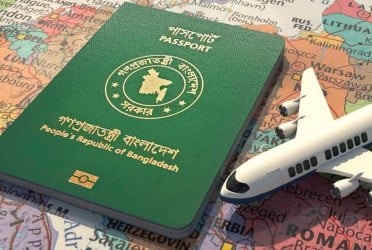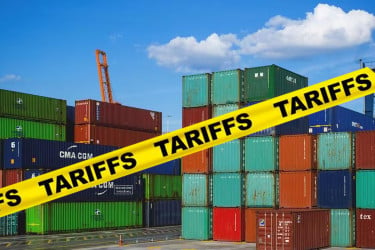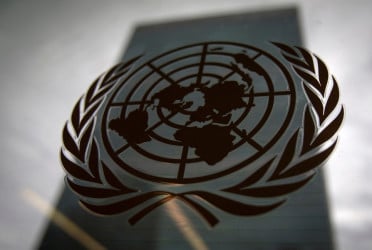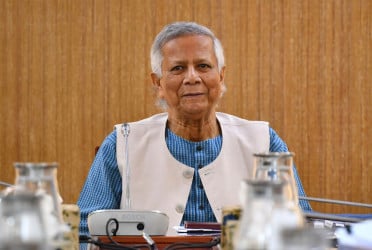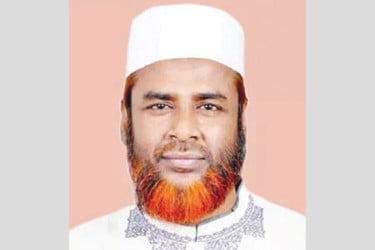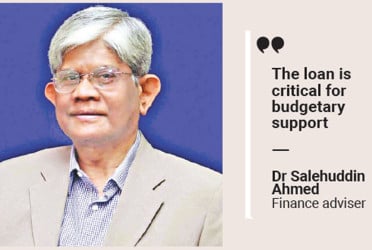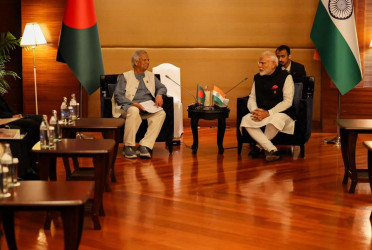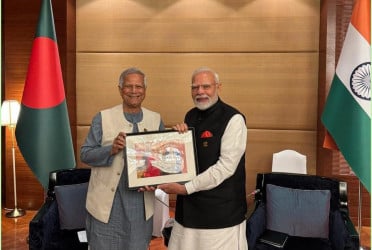The Telecommunications sector of Bangladesh is at a crossroads, facing significant hurdles that demand immediate attention. The sector faces numerous obstacles deterring investment, according to industry experts, the challenges include fragmented licensing frameworks, restrictive regulations, limited infrastructure sharing, high spectrum costs, excessive taxation, lack of collaborative business practices, and unequal market competition.
The Bangladesh Telecommunication Regulatory Commission (BTRC) has acknowledged these issues, but experts contend that the sector lacks an environment conducive to healthy competition. Dominance by a single operator, reportedly capturing over 90% of market profits, remains a critical concern. Md Khalid Abu Naser, former director of the competition commission, remarked that the commission has been ineffective since October 15, leaving these challenges unaddressed and discouraging further investment.
A fragmented licensing framework is a significant barrier for new investors. Political interference often compromises good governance, rendering the process opaque. Regulatory restrictions, such as delays in active sharing guidelines essential for infrastructure development, further hinder sectoral growth.
Bangladesh ranks among the highest globally in spectrum pricing, posing a severe challenge for operators. Adding to this burden is the world’s highest tax rate on mobile network operators (MNOs), at 54.4%, along with a Tk 300 SIM tax. These financial strains limit operators’ ability to expand and innovate. Compounding the issue, MNOs face restrictions on laying fiber in remote areas, hampering network efficiency and reach.
The sector also struggles to capitalize on allied businesses like Over-the-Top (OTT) services and Digital Financial Services (DFS). Regulatory constraints prevent MNOs from fully leveraging these opportunities, curtailing their ability to diversify and monetize networks.
Unequal competition remains a pressing issue. A single operator reportedly earns disproportionate profits annually, leaving smaller competitors at a disadvantage. Regulatory policies often favor larger players, exacerbating monopolistic trends. Nurul Mabud Chowdhury, Managing Director of Teletalk, characterized the competitive environment as “unhealthy” and detrimental to smaller operators’ survival.
At a recent roundtable organized by the Telecom Reporters Network Bangladesh (TRNB), experts stressed the urgency of reforms. They highlighted the need to enforce Significant Market Power (SMP) guidelines introduced in 2018. Md Khalid Abu Naser pointed out that critical clauses, such as the annual review mandated under Section 7(11) of the SMP Policy, have been overlooked.
Robi’s Head of Corporate Affairs, Sahidul Alam, underscored the importance of fair competition for economic growth. “Current telecom regulations disproportionately benefit larger operators, stifling smaller competitors,” he said. Banglalink’s Head of Corporate Affairs, Taimur Rahman, echoed the sentiment, calling for immediate implementation of existing regulations and faster infrastructure sharing.
Lt. Col. (Retired) Md. Zulfikar, Secretary General of the Association of Mobile Telecom Operators of Bangladesh (Amtob), stressed the need for a competitive market to attract investment. “A comprehensive regulatory framework is imperative to address these challenges,” he said.
Md Khalid Abu Naser reiterated the need for a functional competition commission to tackle monopolistic practices. He called for systemic changes to create a more equitable and investment-friendly environment.
TIM Nurul Kabir, Executive Director and CEO of the Foreign Chamber of Commerce and Industry, proposed revising the current licensing model. He also suggested establishing a Research and Development Department within BTRC to drive innovation and sectoral growth.
BTRC Chairman Major General (Retired) Emdad ul Bari emphasized the importance of collaboration and customer-focused policies. He urged stakeholders to “adopt a broader perspective” that empowers consumers while supporting businesses to enhance service quality.
Translated by Jisan Al Jubair
Bd-pratidin English




















